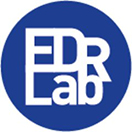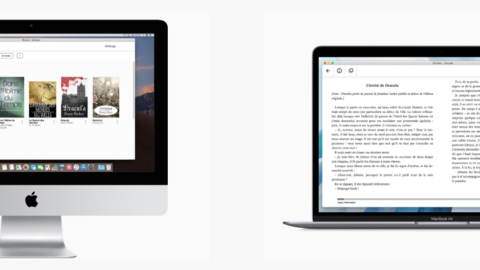The launch of an Accessibility Interest Group has been approved by the board of EDRLab. It will be chaired by Cristina Mussinelli (LIA). This is the second EDRLab Interest Group, the first being the Library IG.
Background
Accessibility is becoming increasingly important in the publishing industry. Thanks to the opportunities offered by new standards and digital reading technologies a new paradigm is emerging: produce born accessible publications and distribute them through traditional distribution channels, so that people with print disabilities can enjoy reading and benefit from the same opportunities and choice as any other reader.
New European and international legislative frameworks are reinforcing the demand for accessible content, not only by encouraging the production of digital accessible books, but also by requiring that the whole value chain (retailers, e-commerce sites, hardware and software, online platforms, DRM solutions, etc.) embrace accessibility. In particular, the recently approved European Accessibility Act invites the entire digital publishing industry to become accessible to disabled and elderly people.
There are already several interest groups working on the implementation of the EU Accessibility Act, but the constitution of the EDRLab membership and the technical expertise of the EDRLab team paves the way for interesting studies on specific topics.
Topics of interest
Reading solutions are a core element in the accessibility ecosystem. A reading solution should render in a proper way every accessibility feature included in a publication and may include further functionalities aimed at helping different categories of disabled people to fully take advantage of the content (ie. karaoke function for dyslexic students). It will be relevant to share expertise in this field and to understand the needs and constraints of content producers, developers of reading solutions and disabled users.
Accessibility metadata is also an important area to consider, especially regarding the UI by which such metadata should appear to users, both on library / bookselling websites (from ONIX metadata) and in reading systems (from EPUB metadata).
DRM is another potential field of interest, as the LCP DRM is meant to be quasi-transparent for visually disabled users.
Dissemination
The EU Accessibility Act describes high level accessibility requirements applicable to different actors in the value chain, but the Commission shall demand EU standardization bodies to define EU harmonized standards for accessibility. Considering these standards should be market-driven, as stated in the Directive, it will be relevant for EDRLab members to release a clear and common position on what should be the requirements applicable to reading solutions and library / bookselling websites.
There are also needs for education and awareness on accessibility issues across reading solutions, and for guidelines for evaluating or creating accessible reading apps for a variety of users.














 contact@edrlab.org
contact@edrlab.org +33 1 83 64 41 34
+33 1 83 64 41 34
